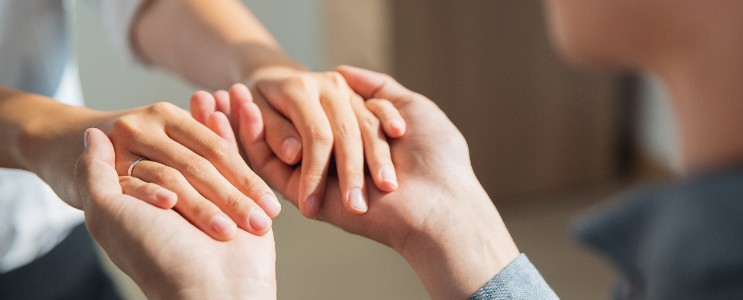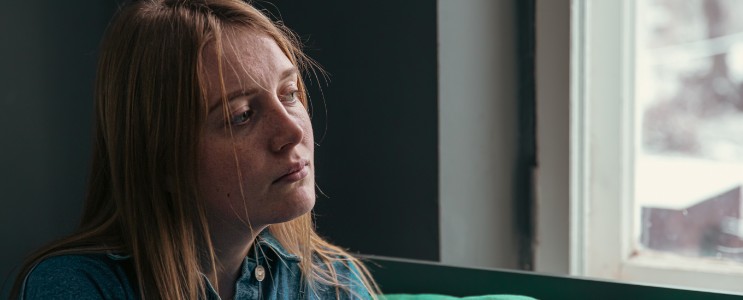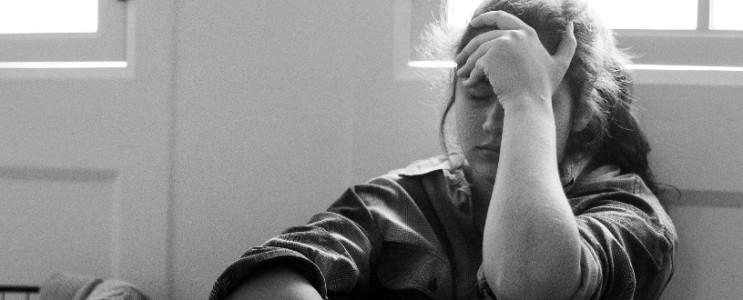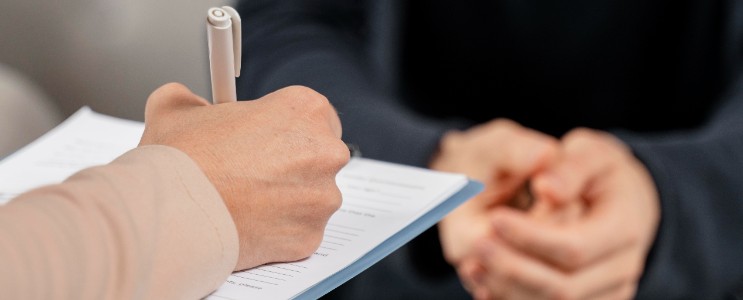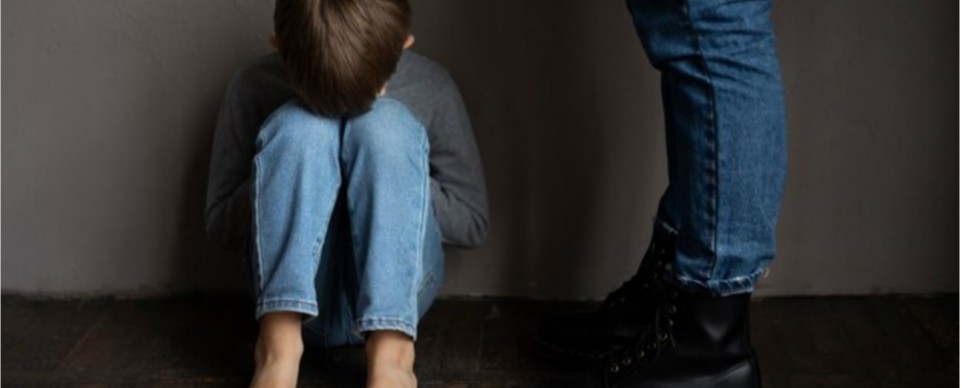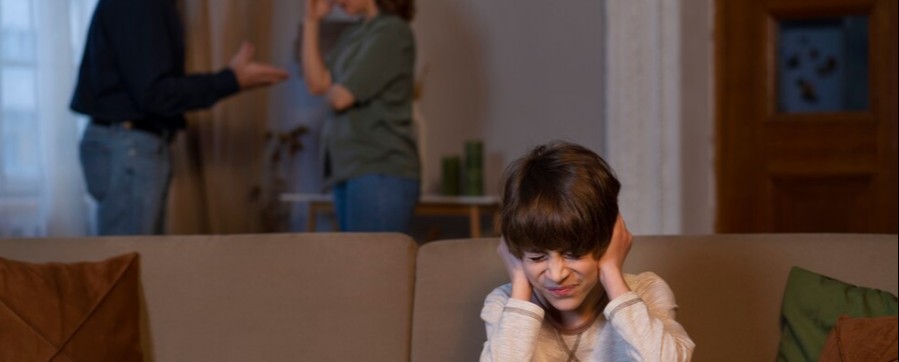
Recognizing a Codependent Relationship

Imagine you are in a relationship where your partner constantly withdraws compliments or positive reinforcement. They actively work to make you feel bad about yourself, whether it is through direct put-downs or more subtle methods. They may also try to control your behaviour, telling you what you can and cannot do. If this sounds familiar, you may be in a co-dependent relationship. Co-dependency is a type of unhealthy relationship where one person relies excessively on the other for emotional support and validation.
What Is Co-Dependency?
Co-dependency can be defined as a pattern of codependent behaviours characterized by an excessive emotional, physical, and/or psychological reliance on another person to meet your needs. It is a psychological condition in which a person is unable to have a healthy, mutually satisfying relationship. People are usually codependent on someone else, such as a spouse, partner, parent, friend, or boss. They may also be codependent on substances, such as alcohol or drugs. People who are co-dependent often have low self-esteem and feel powerless or helpless in their relationships.
Is Co-Dependency always a Bad Thing?
While co-dependency can be harmful to both the codependent person and their relationship, it is important to remember it is not always unhealthy. There is a fine line between being co-dependent and being interdependent, which is a healthy type of relationship. In an interdependent relationship, both partners are able to maintain their own identities and independence, while being supportive of each other. Co-dependent relationships tend to be one-sided, with one person taking on the role of caretaker and the other person being the recipient of care. This can lead to feelings of resentment, powerlessness and a feeling of being trapped.
What Are the Traits of Co-dependency?
Growing up in an environment where family members are addicted to alcohol or other substances is considered to be one of the major factors for codependency. A 2015 study revealed women whose fathers or husbands were addicted to alcohol were more likely at risk of engaging in codependent patterns. Another study found women who are depressed tend to display moderate or severe codependent behaviours. When you are in a codependent relationship, you may find yourself going to great lengths to please others, even if it means sacrificing your own happiness in the process. There are certain traits that are common among codependent people. These traits can be divided into two categories: emotional and behavioural.
Emotional Traits of Co-Dependency
1. Low Self-esteem
You may have low self-esteem, feel inadequate or look to others for validation and approval.
2. People Pleasing
If you constantly put the needs of others above your own, you may be a people pleaser. It is important to understand there is a distinction between being generous and being a people pleaser. People pleasers may do things they don’t want to do or put up with a bad treatment in order to keep the peace or avoid conflict.
3. Unable to Set Boundaries
You may have difficulty saying "no" or setting healthy boundaries in your relationships. This can lead to you being taken advantage of or feeling resentful towards others.
4. Lack of Assertiveness
You may struggle to express your needs, wants and opinions. This may be due to fear of conflict or rejection. Co-dependent people often have difficulty making decisions without input from others. You may feel you are not capable of making decisions on your own.
Behavioural Traits of Co-Dependency
1. Rescuing
You may find yourself constantly rescuing or enabling others. This may be done out of a sense of duty, obligation or guilt.
2. Control
You may try to control others through manipulation, intimidation or other means. This may be done out of a need for security or to avoid feeling out of control yourself.
3. Obsessive
You may become obsessed with another person or a relationship. This can lead to unhealthy levels of clinginess, possessiveness or dependency. If you find yourself exhibiting any of these traits, it is important to seek help.
Co-dependency can be a difficult condition to break out of on your own. Often, professional help is necessary to address the underlying issues contributing to co-dependent behaviours. If you think you may be in a codependent relationship, you must first be willing to change. Only then can you begin to develop healthier, more balanced relationships. If you are struggling to break free from a codependent relationship, consider seeking professional help. A therapist can provide you with the tools and support you need to make lasting changes in your life.
Articles
Build your awareness and get inspired with our researched articles on how you can strengthen your well-being
Popular Topics
An OTP has been sent to the email address
provided.
Please check your Inbox and Spam folders.

What Would You Like to Speak with a Specialist About?
Mental Fitness Journey starts Now!
Chearful Connects you with Top-tier Qualified Wellness specialists for the Price of a cup of Coffee!

Next Steps
- A Client Team member will reach out to you to schedule a session with the most suitable specialist.
- You will receive an email with a 10% Discount Code* for your 1st session.
- We invite you to Explore the Platform & Sign Up today! *Upto a maximum of $10 discount on a session purchased




 3215 Read
3215 Read



.jpg)







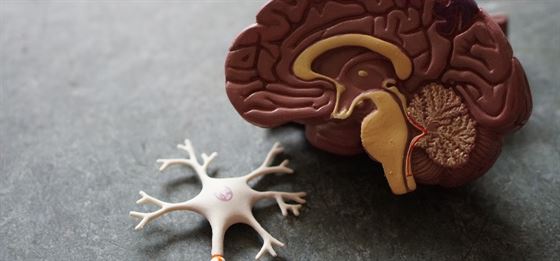
.png)
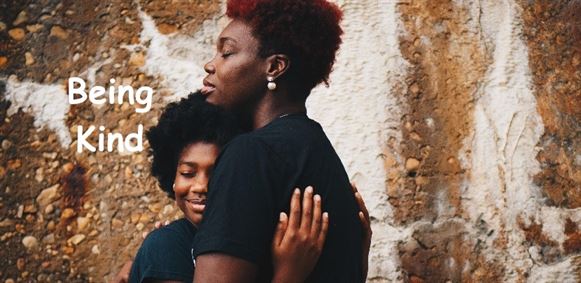
.jpg)

.jpg)




.jpg)







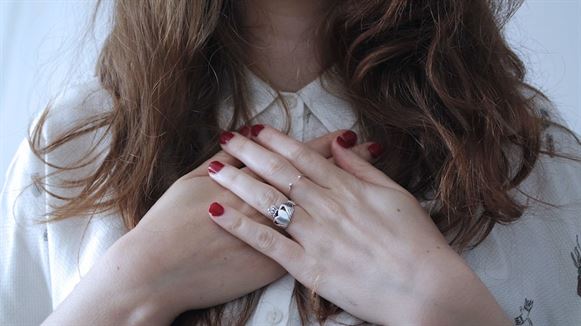
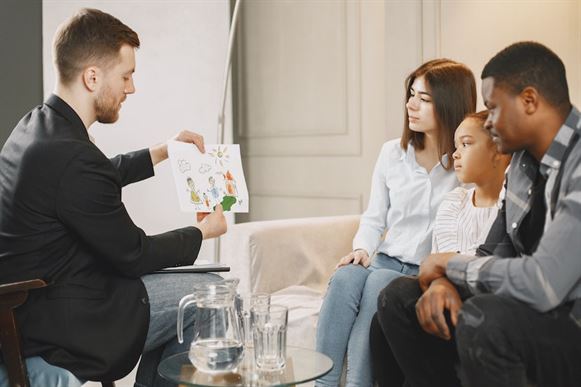













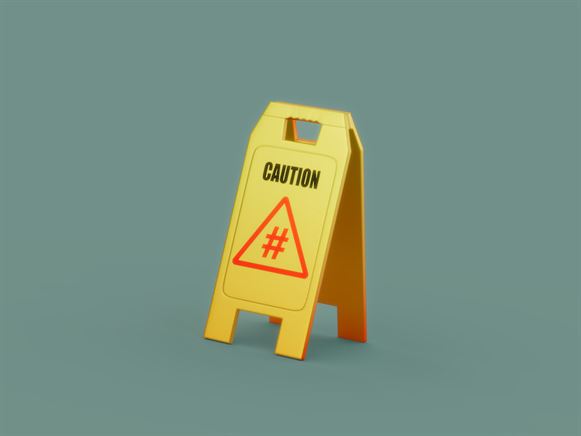

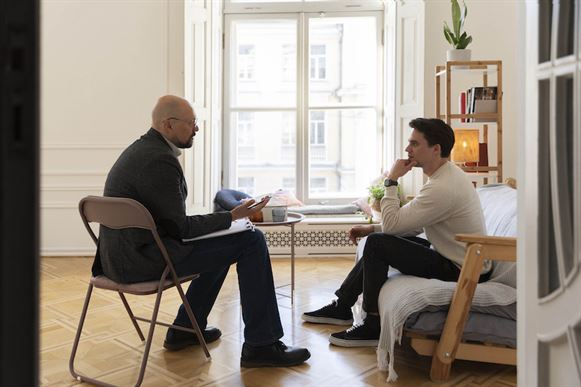




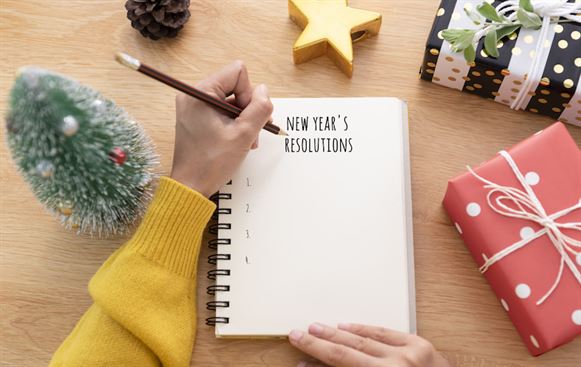


.jpg)

.jpg)



